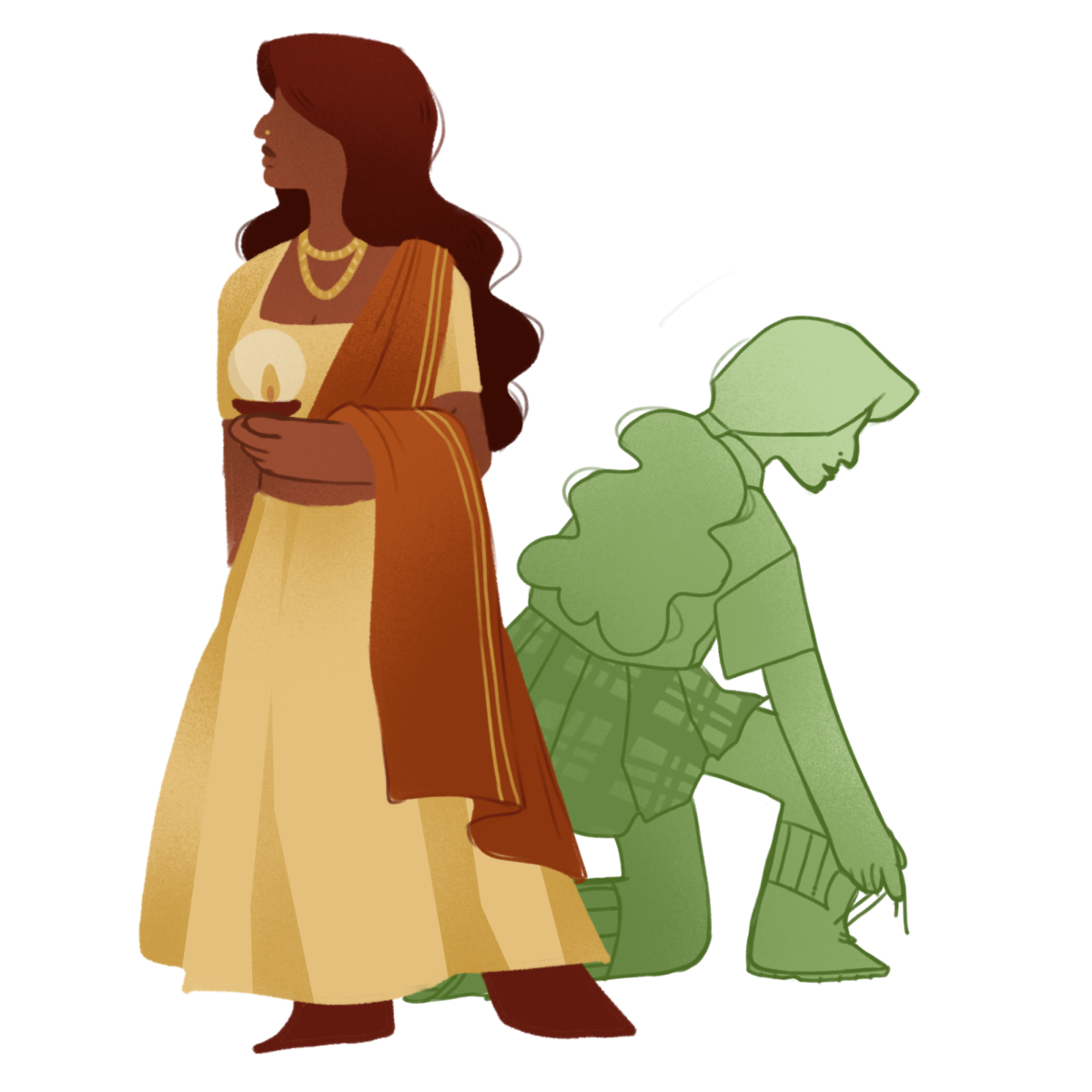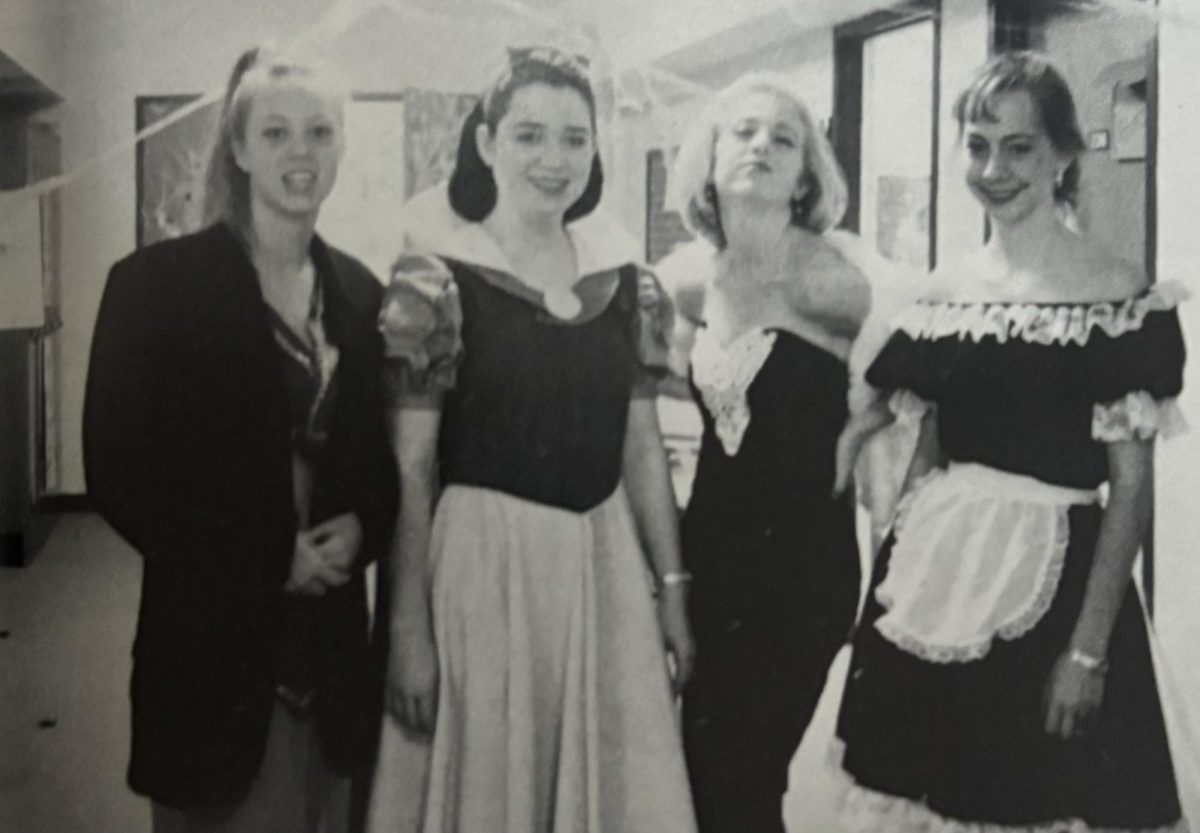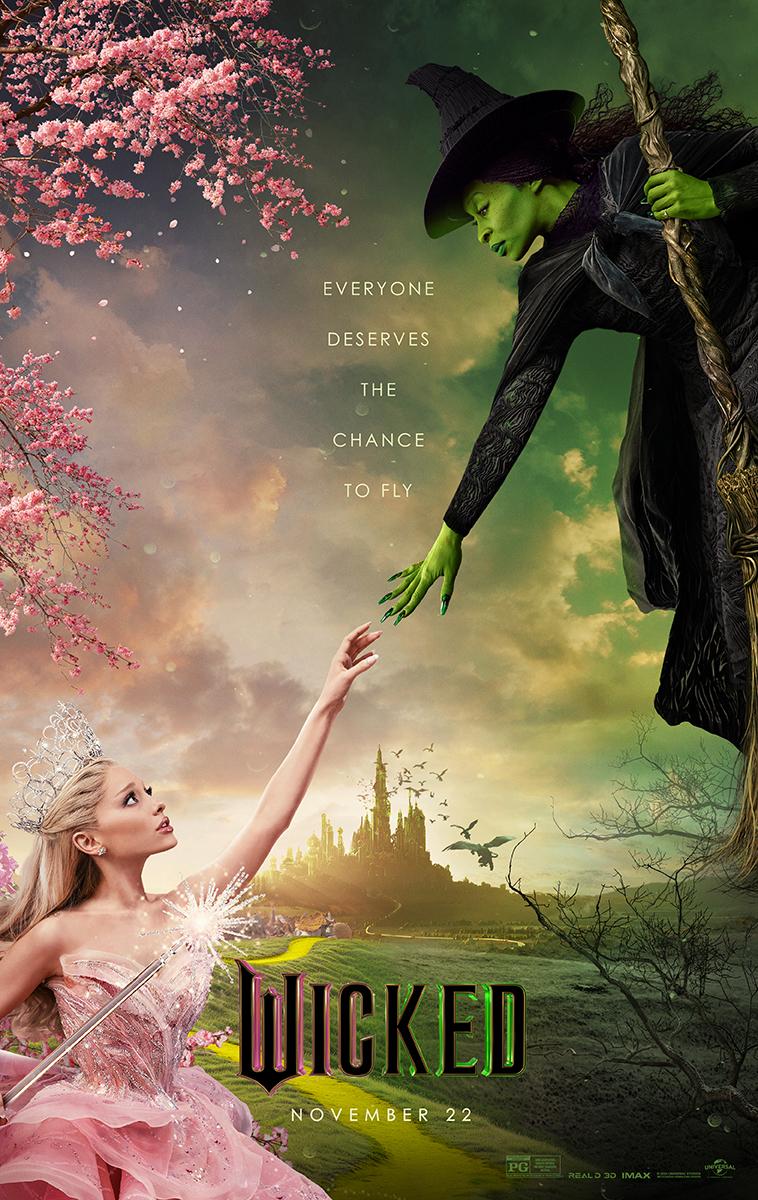After writing the notorious junior research paper, junior Megan says, “It’s not so bad”
 JRP:a noun, a verb, an acronym for the Junior Research Paper; or, the most common meaning, the worst part of the year for Hockaday Juniors.
JRP:a noun, a verb, an acronym for the Junior Research Paper; or, the most common meaning, the worst part of the year for Hockaday Juniors.
Underclassmen, I’m sure you are shaking in fear just thinking about the all-nighters, the dark circles under your eyes, and the “horror stories” of this project. Juniors, you might still be in a complete whirlwind after turning it in. But seniors and even some juniors, I think you know the truth: the Junior Research Paper is not that bad; it’s almost easy in comparison to college applications.
In fact, isn’t it almost a good thing? History department chair Steve Kramer, on a regular basis, has been known to read emails from his former students to his current classes about how great the JRP is, how it helps so much in college and so on. In the emails, the idea of the dreaded paper transfigures from absolute death into a blessing of sorts. But because of the negative image of the JRP, it is hard to imagine ever agreeing with those girls.
So, how did the JRP gain its bad name?
1) The girls. Ever heard of the game pity poker? Girls at Hockaday play it regularly. The goal of the game, more or less, is to see who can outdo the other girls in terms of who got the least amount of sleep, who has finished less work on their JRP, whose teacher has far higher standards which makes their A on the JRP obviously way harder to obtain than any other US History Student, and so on. The more drama, you can add into your story, the better chance you have of winning, and, being Hockaday girls, we must win. Soon enough, the project is bigger than life! I know for a fact there were plenty of girls who pulled all-nighters (I was not one of them), but there were also plenty of girls almost completely done two weeks before. But those are the girls we all envy and consequently hate as we try to organize our manila folder at 6:30 the morning the JRP is due. So because, it’s obviously more fun to play the game than be prepared, the JRP starts to resemble something like a Pretty Little Liars episode because of all its drama.
2) The time. No one likes seminar (overnight) papers; they are terrible for the obvious reasons. However, are papers that are dragged out for about five months any better? Most girls end up cramming their work into a cumulative month or two, at most. When discussing the JRP on the day we turned it in, everyone in our class thought we could have turned the paper in a month, if not almost two, in advance. Due to the dragged-out process, the JRP no longer seems like a paper that is worth 10percent of our yearly grade, but rather a project upon which our entire grade depends. And what does that produce? Stress. Junior Annie believes the extended period of time only “led to people procrastinating until the weeks leading up to the due date,” which most girls agreed with.
But, while there are those problems, almost all girls appreciate the JRP in the end. Senior Maggie said she “talked to many professors which got her out of her comfort zone, and [the JRP] enabled her to explore an interesting topic.” Annie also added that she “learned to form a thesis and write an argument without the support of any sort of ‘background’ given by a teacher.” Ultimately the Junior Research Paper prepares Hockaday girls for college, or even just AP Modern European History.
Just recently I chatted with two alumnae, Emily Bowe and Peyton Kramp, who graduated last year. Both declared that Hockaday prepares us hugely for college and both girls insisted the JRP played a major role in that preparation. APUSH teacher Ms. Walder also recalled two of her sorority sisters, who both graduated from Hockaday, finishing all writing assignments with success and ease. Maybe we all can even be convinced that the dreaded JRP is actually a blessing.




